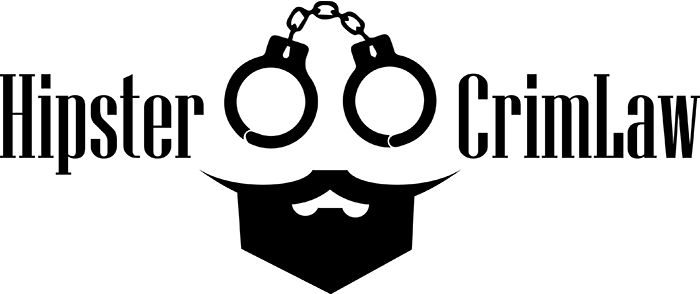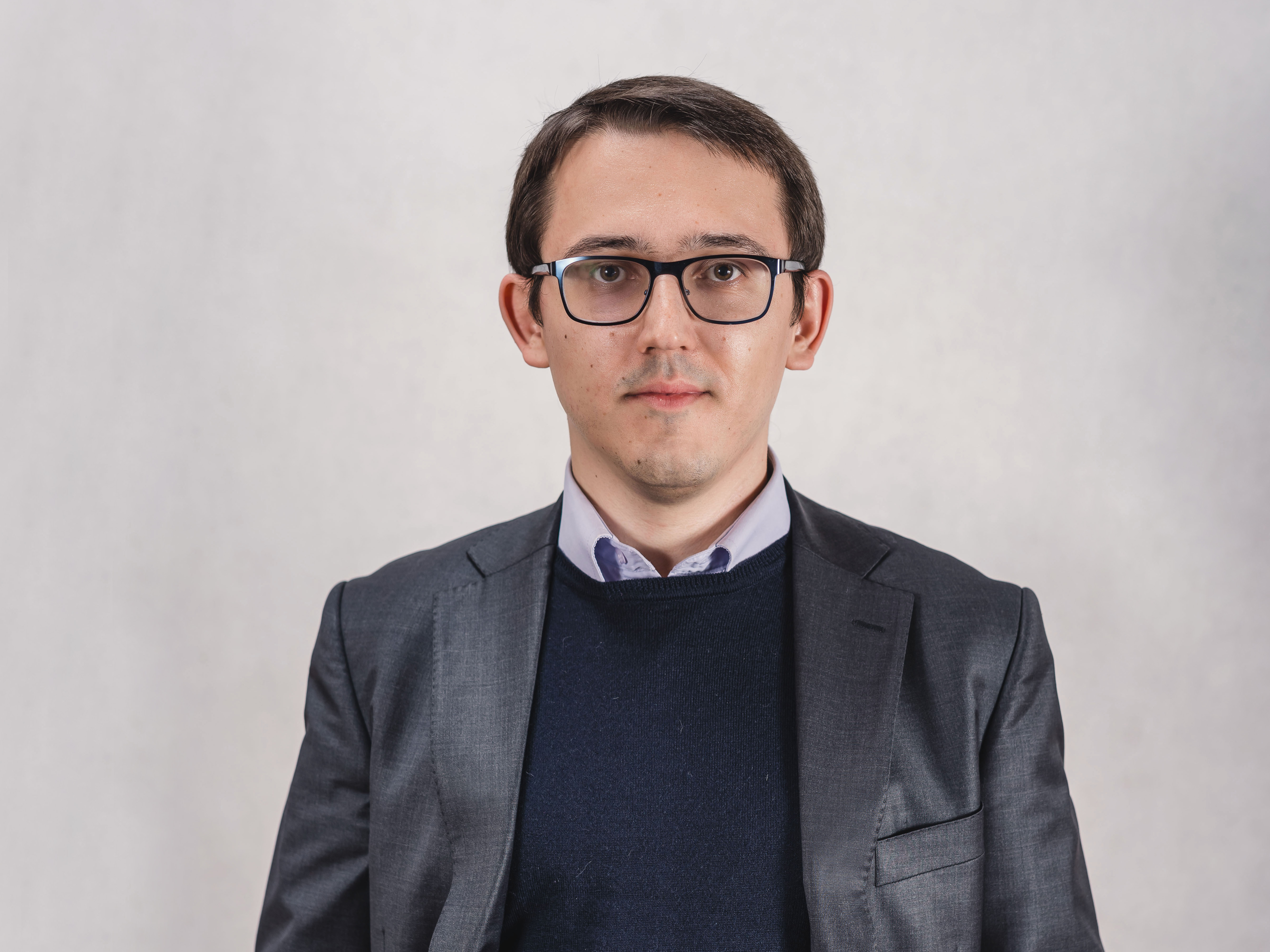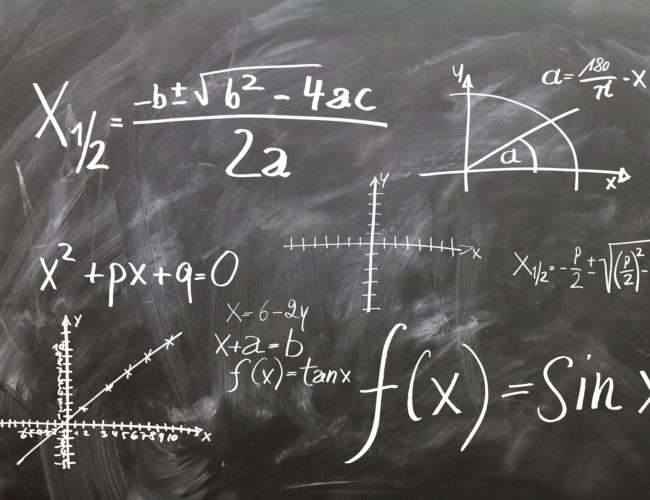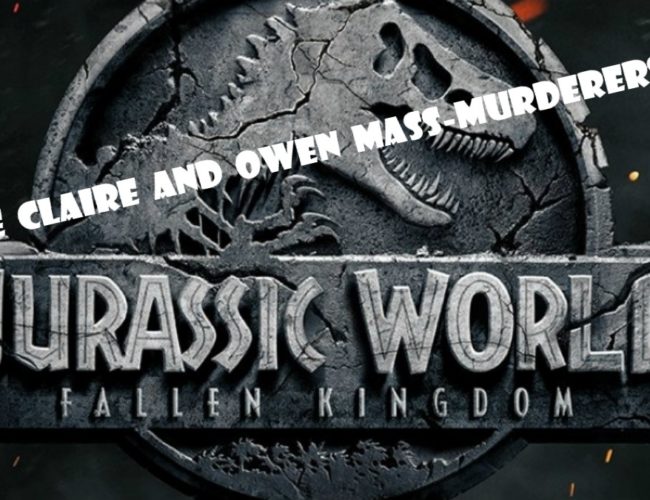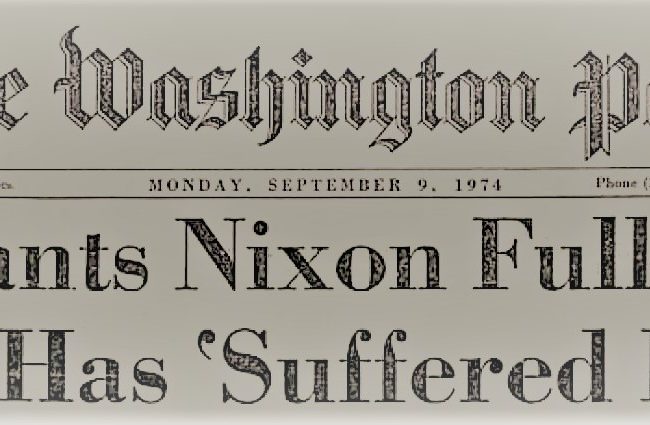In the begining there is an idea...
Now and then legislators decide on drafting criminal provisions that are, despite all good intentions, bond to backfire. Backfire hard… But let’s start from the very beginning. It is quite clear for every criminal lawyer that legislator may criminalize behavior that is deemed wrong, harmful and undesirable. Criminalization of acts attacking specific legal values (recognized as particularly important both for the community in general and for the individual members of such community) derives its justification precisely from the special importance of these values and the need for their protection. In this sphere, legislators seem to have a sovereign, discretional power (except some rare cases when constitutional courts strike down particular statutes or its parts).
Recently an interesting provision has been introduced by the Polish Parliament – one that has immediately led to not only controversy but also
diplomatic tension between Israel and Poland. The ruling party has decided that there need to be a penalty for (what has been described as) defamatory statements claiming that during the WWII there were “Polish death camps”. Such statements are considered misleading because the use a geographical reference not only indicates the location of the camps but also (even inadvertently) implies the responsible parties (i.e., organizers). The issue in question seems to be rather
well addressed nowadays.
Despite all other endeavors of the Polish government and NGO’s aimed at eradicating such statements, the new measure for conducting such struggle weaponry is being developed. The really grave one – criminalization. Perhaps all governments consider issuing a ban on something like a magical way of solving any given problems. Sometimes such magic works, but this may not be the case. It reminds the American
Dickey Amendment of 1996 providing direct ban on gun violence research (“none of the funds made available for injury prevention and control at the Centers for Disease Control and Prevention may be used to advocate or promote gun control.”) as it eliminates a part of research and debate from the public discussion with a very questionable rationalization.
Then comes the draft text...
But let’s leave the politics for now.
From the strictly legal point of view, the discussed Polish provisions may backfire in a way that (hopefully) has not intended by the drafters. So first, let’s see the body of the statute:
Art 55a of statue on Institute of National Remembrance (draft).
§1. Whoever publicly and contrary to the facts attributes to the Polish Nation or Polish State responsibility or co-responsibility for Nazi-felonies committed by the Third Reich described in art. 6 of United Nations Charter of the International Military Tribunal - Annex to the Agreement for the prosecution and punishment of the major war criminals of the European Axis ("London Agreement") signed on the 8th of August 1945 or for other crimes constituting crimes against peace, humanity or war crimes or in another way flagrantly diminishes the responsibility of actual perpetrators, is subject to penalty of deprivation of liberty up to 3 years.
§2. If the perpetrator acts unintentionally is subject to fine or penalty of limitation of liberty.
§3. The perpetrator of the prohibited act referred to in §1 or §2 does not commit the crime if he has committed this act within his artistic or scientific activities.
...and its interpretation
Can you see the real scope of criminal liability? It is quite difficult with all these requisites and vague references. So let’s try to dissect the provision to get a glimpse of the potential difficulties that a citizen, prosecutor, and a court may have while assessing one’s behavior.
1) publicly – it refers to a manner of action that makes it possible for the information to be received by a larger, not necessarily specified, group of people (i.a. on Facebook, Twitter, on a website, in a newspaper, etc.). Thus, private discussions are excluded.
2) contrary to the facts – now it gets really problematic. First of all, who decides what the facts are? Sometimes facts intrinsically contain a qualitative or quantitative evaluation (“a large number of victims”, “grave violence”, “sadistic” etc.). In practice, during the criminal proceedings, some kind of an expert witness will be appointed to determine whether the information presented in a public statement is well founded in contemporary historical knowledge. How can we be sure that this historian is not biased or, even more so, is legitimately able to justify his opinion? And what if facts can not be established because of the early stage of research? To what extent personal memories or opinions on historical events can be verified in such manner - imagine a layman writing on Facebook: “Before my grandpa passed away, he told me that his hometown had been plundered not only by the Nazis but also by some of his neighbors, mainly from Kowalski family”.
Remember that the special prosecutor’s unit in the Institute of National Remembrance is supposed to indict. They are subordinates of Ministry of Justice, and the entire board of the Institute is politically elected by parliament. Approach to the history (general outlook as well as the methodology of research) is strongly dependent not on merits but on the current political situation. As we can see – the facts are everything. The harder to determine them the vaguer the potential scope of liability may be. Another aspect of the said element of the crime – can a various opinion on well-established facts be deemed as “contrary” to the latter? An example “Kowalski family just stood and did nothing; they laughed when my family was shot by the Nazis. They were aides by their passivity and amusement”. Imagine that we have undisputed information that in fact, only Nazis did the shooting. Is the opinion on the Kowalski family as passive supporters contrary to the facts or not? In criminal law, many times we differ in our opinions what was the role of individuals partaking in a criminal endeavor. Were they only facilitating or maybe they were in fact co-perpetrators? That is another crucial issue that is difficult to determine unanimously – is a legal assessment of an act an element of the facts of a case or it is just normative (not ontological) aspect?
3) Polish Nation – this one should be easy, right? The nation is defined as “a large body of people united by common descent, history, culture, or language, inhabiting a particular state or territory” (oxfordictionaries.com). In its narrow literal sense, such a description fits only the entire community, not individuals. Now compare those two statements in the context that there is a noncontroversial establishment of facts that there were only Nazis in the area:
- a) “Polish people helped Nazis to plunder our hometown.”
- b) “Kowalski family helped Nazis to plunder our hometown.”
If one uses more general term due to the lack of knowledge of the name of the facilitators, does it imply the Nation as a whole? If so, in a case of uncertainty of personal data opposite to the nationality, shall one rather remain silent? Or maybe one should even make up a fake family name to immunize themselves? It does not sound rational.
4) Polish State – another obvious element to interpret, isn’t it? The state means “the civil government of a country” (oxfordictionaries.com). Ok, but here is the question – do the actions of public officials translate into state’s actions? What should be a valid criterion for differentiation? If a ministry (secretary) within their authority and autonomy undertake some actions will it burden a state as a whole? Imagine a statement (contrary to undisputed facts) “Polish police helped Nazis to plunder my hometown.” Does it allow to claim that the responsibility burdens the State? What level of decision making is required?
5) responsibility or co-responsibility – here is one issue of pure criminal law. What level of participation constitutes a threshold? Passivity? The subsequent gain of a benefit? Providing general information? How may we determine the causal link between the action of the State or a Nation and an atrocity in question? Without any help from the legislator, we should remain on those complicity forms provided in international criminal law. Of course, it won't resolve problems regarding the proper establishment of a perpetrator (see above) but if we succeed we may have some legal tools to assess liability.
6) or for other crimes constituting crimes against peace, humanity or war crimes – this is interesting. From a linguistic point of view, this part is independent from the first half of the sentence, so it is not limited to the WWII. It means that one may not deliver public statements not only regarding Holocaust (which is the core issue of beforementioned diplomatic struggle) but any activity of Polish Nation or State. Period. Not to mention that the definition of war crimes or crimes against humanity has developed and used to contain different elements recognized by the international law of the 50’s, 90’s and currently (see D. Luban „A Theory of Crimes Against Humanity, Yale Journal of International Law 2004 pp. 95-97 and Draft Code of Crimes against the Peace and Security of Mankind with commentaries 1996 p. 47).
7) in another way flagrantly diminishes the responsibility – another very vague element. Flagrantly is interpreted as the grave, extraordinary and transparent at first glance. That means any, even untruthful allocation of fault is excluded unless it is indeed flagrant. But as it was indicated above, politics regarding history is based on emotion. Historians and journalists not to mention laymen do not share the same sensitivity so that they may evaluate information quite different. Can there be an objective threshold achieved? One may doubt it.
Moreover, this part of the provision is logically separated from its the first part, so it provides a general basis for liability on the erroneous allocation of fault regarding any crimes constituting crimes against peace, humanity or war crimes, not only those (falsely) attributed to the Polish Nation. One would be punished if i.a. claimed that Hutu tribe in Rwanda did not commit all those documented atrocities.
Last but not least. The provision shows one more legislative downside – dyssynchronization of terminology regarding international law. It was mentioned above in the pt 6) that the concept of crimes against humanity evolved and its most up-to-date meaning provided in the Rome Statute of the International Criminal Court differs significantly from that presented in United Nations Charter of the International Military Tribunal - Annex to the Agreement for the prosecution and punishment of the major war criminals of the European Axis. The latter included the requirement that an act was committed in time of war or in connection with crimes against peace or war crimes. This is not the definition anymore.
Unintentional lying?
However, the real peril stems from §2. What is “unintentionally” according to Polish criminal law? One without having an intent of commission of a prohibited act commits it due to non-compliance with carefulness required in the given circumstances, although he has foreseen or might have foreseen the possibility of its commission. As it can be noticed it is sufficient to establish that there is a trustworthy source of historical knowledge one was not familiar with while presenting their statement. Or it is also a crime when one erroneously assesses the allocation of fault and flagrantly diminishes one party’s responsibility. Should have known/might have foreseen is a sort of a killer requirement.
Academic debate will be debatable?
It seems that to limit the scope of application of the provision and exclude academic research, and artistic performance §3 has been introduced. The thing is that the prosecutor would have discretion in evaluating the artistic aspects of, e.g., a documentary film. The situation of an academic may be even worse – his capability to conduct research may be questioned by a prosecutor supported by another historian. But this does not exhaust the problem. Notice that there is no mention of education or journalism. Artists and academic can be wrong but journalists and teachers must not?
Although the provision is in the drafting stage, it is a piece of very poorly written legislation. Either we interpret it broad that it would essentially kill any public discussion on history or in a narrow way that makes it inapplicable.
One way or another this is a good example of
how not to legislate.


